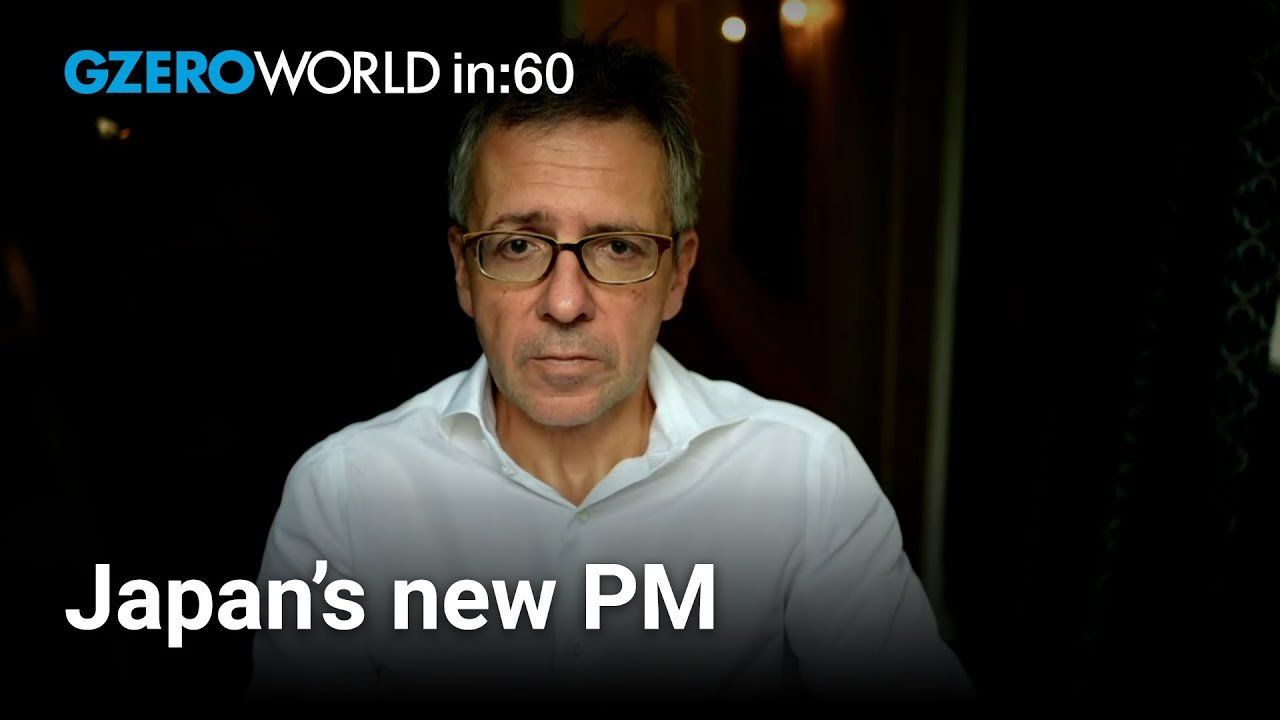
Ian Bremmer shares his insights on global politics this week on World In :60.
Will there be political fallout in the aftermath of Hurricane Helene?
Lots of fallout for the lives and livelihoods of the people of the Carolinas and elsewhere, but the biggest damage is in both rural areas that largely vote "red" and urban areas that largely vote "blue." And frankly, that's a wash. Horrible morbid pun there, but the reality, I don't think it's going to be much impact come November.
What were the big takeaways from President Xi's speech celebrating the 75th anniversary of the People's Republic of China?
Well, first of all, very interesting. He didn't mention trade war, didn't mention the United States or other potential adversaries on the economic, technological military front by name. Did mention Taiwan, talked about the need to end the separatists and reunify, but nothing new there compared to other statements that he and other leaders have made. I would say the most important thing he talked about are the expectations of serious challenges going forward for the Chinese people. This is coming from a leader who is starting to move towards stimulus as opposed to just sort of incremental responses to economic challenges. A recognition that if they want to hit anywhere close to the 5% plus growth they want, they're going to need to do a lot from the fiscal side as the government. But he's messaging that this is going to be a hard time and it's structural. It's not a matter of a few months, it's a matter of years. And especially with the politics around the world and in the United States not working so well for China right now, that's a message that I think was more for domestic consumption than for international.
Finally, as Japan's new Prime Minister assembles his government, how will he set himself apart from former PM, Kishida?
Well, he's not a "pro-Abenomics" guy. This is someone that I think is going to be challenging from a market perspective. He's going to be fiscally very cautious. He's going to look to raise more revenue, and he's not really loved by the business community. It was the fifth time he tried to become Prime Minister, the former Minister of Defense. Fifth time's the charm apparently in the LDP. I'm not so concerned about potential changes on the international front. He's talked about an "Asian NATO" which is kind of a non-starter from the perspective of the United States. He does want joint control of bases in Okinawa,. That's changed the status quo. But ultimately, if the US pushes back, he'll accept that. The interesting thing about Japan is it's basically a single-party democracy. The Liberal Democratic Party really runs the show. They have an absolute majority in the Diet. They're likely to continue that after snap elections coming up real soon. And so it's really a question of which of the various factions inside that party who largely agree on worldview and on domestic policies ends up running the government. And this time around it is the former Minister of Defense.
- Hard Numbers: Helene hits hard, Zuckerberg enters the big leagues, US strikes Islamic State in Syria, Majority of Argentines live in poverty ›
- Biden and Kishida bromance is meant to make Xi sweat ›
- Viewpoint: How Abe still casts a shadow over Kishida in Japan ›
- Viewpoint: Kishida makes way for fresh face as his party's fortunes fade in Japan ›